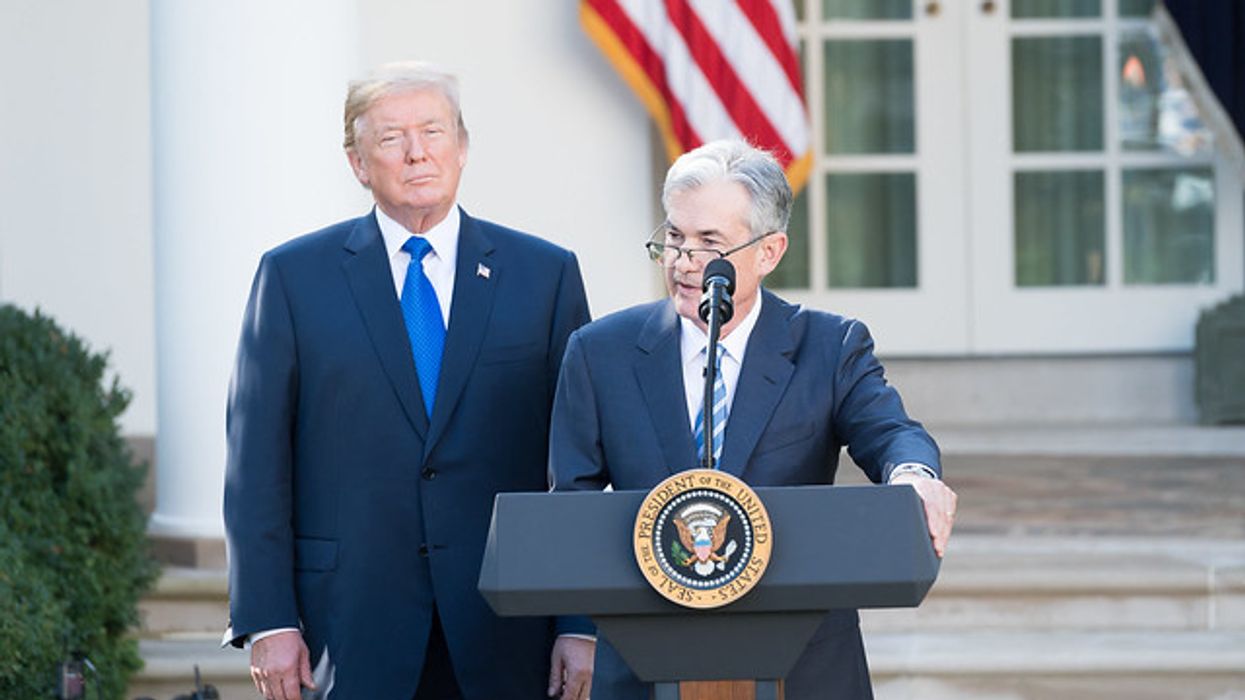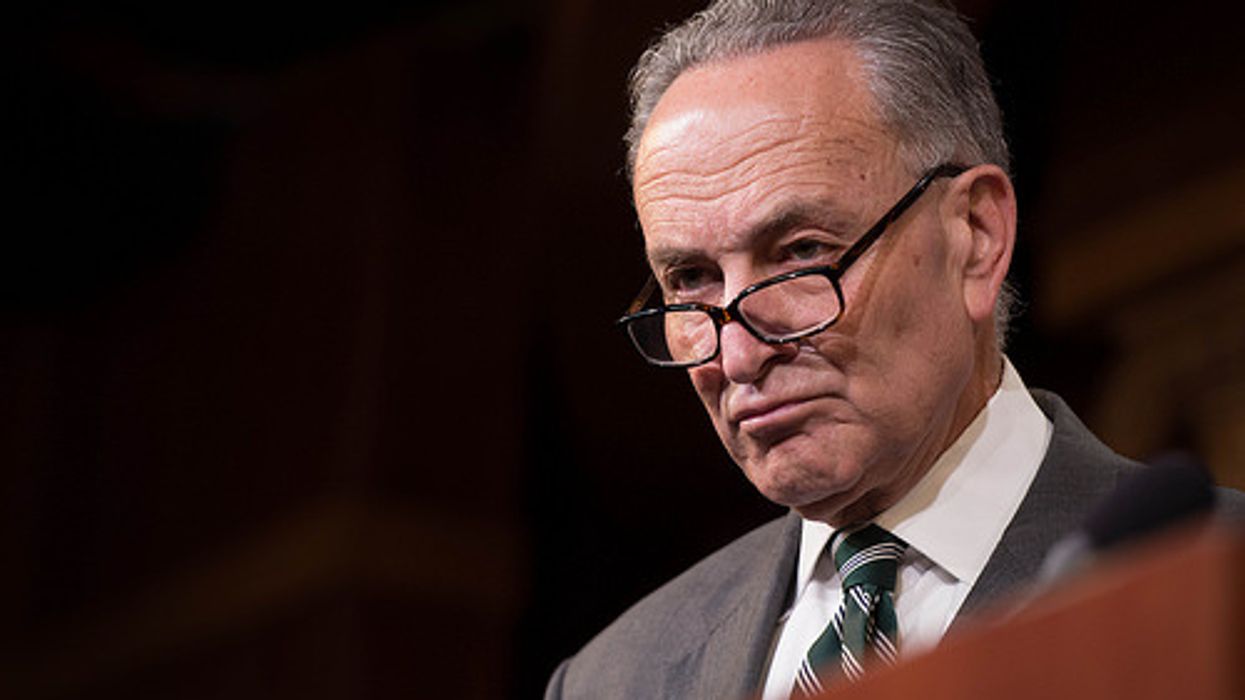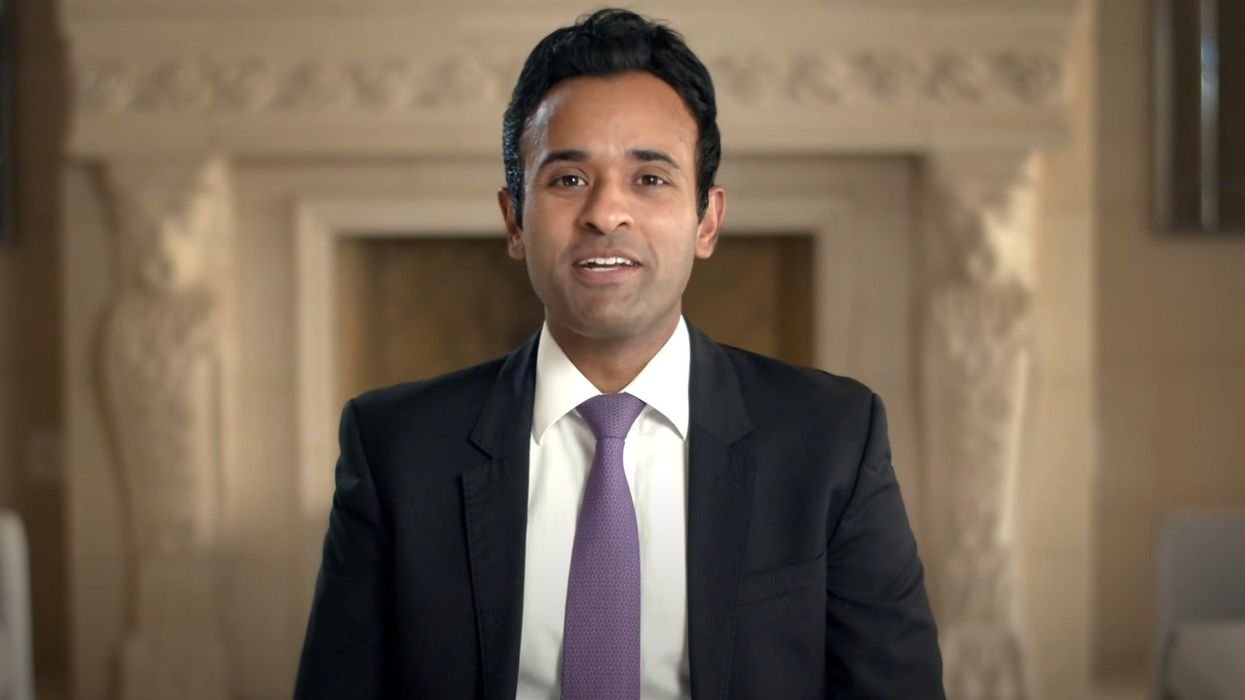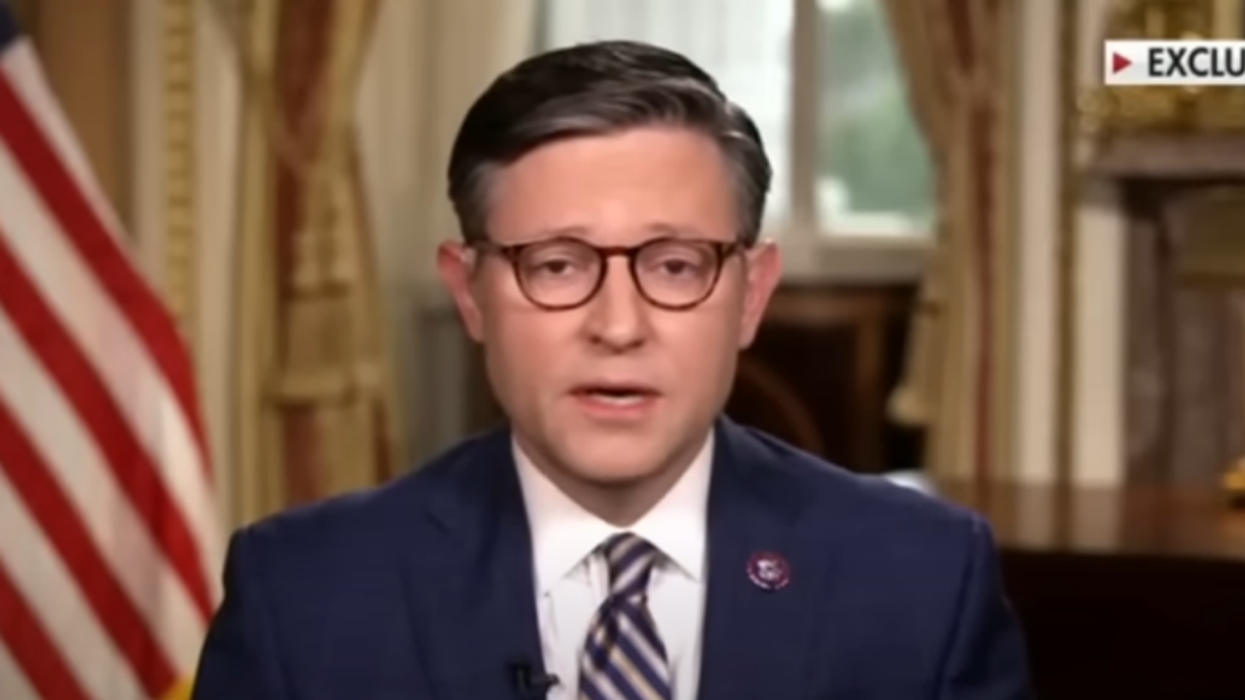'True Leadership': Stark Contrast Between Jerome Powell And Donald Trump
Every year around this time, the Kansas City Regional Federal Reserve Bank hosts its symposium in Jackson Hole, Wyoming, where the big event is the Fed chair’s speech. Chair Powell has given that speech every year since 2018, expect for the pandemic years, and he did so again this morning. It was almost surely his last such speech, as his term as chair ends next May and President Trump can’t wait to replace him (I mean, legally, he kinda has to wait, so I expect Powell to serve out his term, but we’ll see).
The fact that Trump is so anxious to replace Powell is one of the many things that speak highly of the Fed chair, and I’ll use this post as a chance to say more about his tenure in a moment. But first, a few words on the speech itself.
Markets were expecting Powell to tee up a rate cut for their next meeting in mid-Sept, and that’s what he did, leading to a melt-up in the Dow, up almost 900 points at this moment (almost 2%). He mentioned the stagflation Ryan and I wrote up the other day, underscoring the challenges posed by tariffs and deportations. This ‘graf struck me as both key and correct:
Overall, while the labor market appears to be in balance, it is a curious kind of balance that results from a marked slowing in both the supply of and demand for workers. This unusual situation suggests that downside risks to employment are rising. And if those risks materialize, they can do so quickly in the form of sharply higher layoffs and rising unemployment.
We’ll see what the jobs and inflation data show between now and the Sept meeting but assuming they’re broadly consistent with the recent dataflow, I’d expect a quarter-point rate cut at that meeting, which I’d consider to be the right move.
Powell also delivered a review of the Fed’s update to their framework. Every five years, they release a “Statement of Longer-Run Goals and Monetary Policy Strategy,” aka their consensus statement which “describes how we pursue our dual-mandate goals…designed to give the public a clear sense of how we think about monetary policy.”
This was actually the more interesting part of the speech as it gave Powell a chance to reflect on changes in large and important structural trends, most notably the shift from inflation consistently coming in below target and interest rates stuck at historically low levels (he waxed about the threat of the “ELB”—the effective lower bound, meaning situations where even interest rates at zero are insufficiently stimulative) to the pandemic-induced inflationary shock, rising global interest rates, the fading of the ELB threat, and the challenge in getting inflation back down to their target.
The new framework thus reverts back to more traditional balancing of two sides of their full-employment-at-stable-prices mandate. Most notably, the former framework allowed inflation to run hotter if it had been below target for a while, their so-called “makeup strategy”:
…we returned to a framework of flexible inflation targeting and eliminated the “makeup” strategy. As it turned out, the idea of an intentional, moderate inflation- overshoot had proved irrelevant. There was nothing intentional or moderate about the inflation that arrived a few months after we announced our 2020 changes to the consensus statement…
I’ll have more to say about this is a forthcoming post. It could be interpreted as a slightly hawkish turn in Fed policy, one that would tolerate more labor-market slack, but I don’t think that’s the case. Instead, I think the former framework turned out to be too specific to a particular moment in time and the new one avoids that mistake.
Okay, enough about the speech. Let me offer a few reflections on Chair Powell’s tenure on this occasion of his last symposium keynote in the (bear-infested) Tetons (I’ve been there and they seem to make a point of freaking out us non-outdoorsy city dwellers with excessive bear warnings).
Much ink will be spilled on Powell’s tenure, and it’s certainly been quite a ride. Did your dance card have him donning a hard hat and touring the Fed renovation with Trump, cuz mine sure didn’t!? But I’m confident his time as chair will be remembered very fondly, for the following reasons.
—No one protected the independence of the institution with such relentless vigor. Speaking of bears, the dude was (and will remain) a mama-grizzly when it came to staving off Trumpian and other political interference. And that interference often turned absolutely vicious. Another person might have said “screw it, I’m out” but Powell views protecting the integrity of the central bank as the most important part of his job right now, far more historically consequential than a rate tweak.
—Data driven: I’m not saying the Fed under Powell didn’t make mistakes. He admitted as much today re misinterpreting the pandemic inflationary spike. But if there are two words Powell will be remembered for, they might well be “data-driven.” The reason I consider this so important is because my own work, undertaken with many great colleagues, has stressed that we can’t know in real time precisely what constitutes maximum employment, capacity GDP, and the slope of the Phillips Curve (the correlation between inflation and unemployment). Therefore, we must be driven by what the data tell us, or we risk, as earlier Feds did, setting u* (the unemployment rate at full employment) too high, at tremendous cost to economically vulnerable people.
“Data-driven” is even more important today, as the Trump administration clearly intends to try to cook the data. By stressing “data-driven,” Powell and his colleagues are saying facts matter when crafting economic policy. It’s a simple truth, but we’re seeing in real time the damage that’s meted out when it is ignored.
—Earnest communication. Chair Powell has never forgotten that while monetary policy can be an arcane subject, the Fed has a foundational responsibility to explain its thinking and its work in clear language to anyone willing to listen.
Even more importantly, and this is the most important and venerable aspect of Powell’s tenure, I always heard, in virtually every speech and every presser, a genuine concern and mindfulness about the regular, working people who bear the brunt of the Fed’s policies.
In today’s speech, he stressed that the “past five years have been a painful reminder of the hardship that high inflation imposes, especially on those least able to meet the higher costs of necessities.” I’ve heard countless similar references around the importance of running tight labor markets to give those same vulnerable workers a bit more bargaining clout.
I firmly believe, and in fact I know from my personal interactions with Chair Powell, that he never forgot for whom he’s ultimately working, i.e., not the politicians who showboat at his hearings, certainly not the president, not the press. It’s the people in the workforce, the people trying to stretch their paychecks to meet their family budgets, the folks just trying to keep their heads down, work hard, and get ahead.
Especially in today’s America, such true leadership—leadership that stands in stark contrast to what we’re seeing on a daily basis from most of the rest of Washington—should be recognized, elevated, honored, and replicated.
Jared Bernstein is a former chair of the White House Council of Economic Advisers under President Joe Biden. He is a senior fellow at the Council on Budget and Policy Priorities. Please consider subscribing to his column for free at Jared's Substack.
Reprinted with permission from Substack.












